One of the biggest and often most questioned milestones in a parent's journey is when and how to introduce solid foods to a baby. It’s a moment eagerly anticipated by many, signalling a new stage of growth and discovery for your baby.
However, this exciting phase can also come with a plethora of questions. This guide will support you with clear, helpful information, making the introduction of solid food a confident and positive experience for you and your baby. We’ll cover the crucial timing, the best first foods, practical tips for feeding, and important safety considerations, ensuring you’re well-prepared for this new chapter.
When to Introduce Solid Food to a Baby
The general recommendation from health organisations, including the NHS, is to begin introducing solid food to your baby at around 6 months of age. Prior to this, breast milk or formula provides all the nutrition your baby needs.
Introducing solids too early (before 4 months) can pose risks, as your baby’s digestive system may not be ready, and it could interfere with their milk intake. Introducing them too late can also have implications for their nutritional needs and development.
However, this age is just a guideline. The most important factor is your baby's readiness. Look out for these key developmental signs, which indicate they’re physically ready to start solids:
- Good Head and Neck Control: This is important for safe swallowing. Your baby should be able to hold their head steady and in an upright position.
- Ability to Sit Upright with Support: They should be able to sit in a high chair or on your lap, maintaining a stable, upright posture. This prevents choking and allows them to participate actively in mealtimes.
- Losing the Tongue-Thrust Reflex: This reflex causes babies to push objects out of their mouths with their tongues. When this reflex diminishes, they can keep food in their mouth and swallow it.
- Showing Interest in Food: Your baby might start watching you eat, reaching for your food, or opening their mouth when food approaches.
It's crucial to stress that readiness, not age alone, is the most important factor. Every baby develops at their own pace. If you’re unsure whether your baby is ready or if you have any concerns, always consult with your paediatrician.
What Are the Best Baby Weaning Foods?
Once your baby shows signs of readiness, the question quickly becomes: What should I offer first? The first foods for a baby should be nutrient-dense options, particularly those rich in iron. Babies' iron stores, built up during pregnancy, start to deplete around 6 months, making iron a critical nutrient to introduce through solids.
It’s also beneficial to offer a variety of single-ingredient foods. This can help you pinpoint potential allergies or sensitivities more easily. You can introduce one new food every three to five days, and during this period, watch for any reactions such as rashes, swelling, vomiting, or diarrhoea.
Here are some baby-weaning foods to consider for the initial stages:
- Iron-Fortified Baby Cereals: These are often recommended as a good first food due to their smooth consistency and added iron. Options like rice cereal or oat cereal mixed with breast milk or formula are popular choices. Ensure they are unsweetened.
- Pureed Vegetables: Vegetables offer essential vitamins, minerals, and fibre. Excellent choices include sweet potato, carrot, broccoli, and green beans. Steaming them until very soft before pureeing is best.
- Pureed Fruits: Fruits are packed with vitamins and natural sweetness. Initial options could be apple, pear, banana, and avocado. Remember to cook harder fruits, such as apples and pears, until they are soft before pureeing. For more detailed guidance on fruit introduction, you can check out our guide to fruits for babies.
- Pureed Meats/Poultry: Don't shy away from introducing meats. They are fantastic sources of iron and protein. Think pureed chicken, beef, or lamb. Cook them thoroughly and blend them into a smooth consistency, thinning them with breast milk, formula, or low-sodium broth if needed.
- Pureed Legumes: These are another great source of iron and protein, especially for plant-based diets. Pureed lentils and chickpeas can be excellent additions. Ensure they are cooked thoroughly and pureed to a smooth consistency.
Remember to emphasise starting with single ingredients for a few days before introducing new ones. This systematic approach is crucial for understanding your baby's responses to various foods.

Tips for Introducing Foods
The process of feeding can be just as important as what you feed. Here are some practical tips to make the introduction of solid food a positive experience for your baby:
- Timing is Key: Pick a time when your baby is well-rested and not too hungry or full. A relaxed baby is more likely to be receptive to new experiences. Trying after a nap or about an hour after their milk feed.
- Start with Small Amounts: Begin with just 1-2 teaspoons of puree or a small piece of finger food. Gradually increase the amount as your baby accepts more and shows consistent interest. Don't worry if they only take a tiny bit at first — it’s about exploration, not consumption.
- Patience is a Virtue: Introducing solids is a learning process for your baby. Some days they'll be keen, others less so. Don't force it if they turn away or close their mouth. Stay calm and try again another time. Pressure can make mealtimes stressful for both of you.
- Consistency Matters: Once your baby has accepted a few foods, you can gradually increase the frequency. Initially, offer solids once a day, then you can increase them to twice or three times a day as they grow accustomed to it.
- Milk Remains Primary: It’s crucial to remember that breast milk or formula is still the main source of nutrition for your baby during their first year. Solid foods are complementary at this stage, providing additional nutrients and introducing new experiences. Offer milk feeds before solids or at separate times to ensure they get enough liquid nutrition.
There are also different approaches to introducing solids:
- Traditional Spoon-Feeding: This involves offering purees or mashed foods from a spoon. It's a common method that allows you to control the amount and consistency of food.
- Baby-Led Weaning (BLW): This approach involves offering appropriately sized finger foods from the start, allowing your baby to self-feed and encouraging self-regulation and fine motor skill development. When choosing BLW, foods must be soft enough for your baby to mash with their gums and cut into shapes that reduce choking hazards (e.g., sticks not rounds).
- Combination Approach: Many parents find success by combining both methods, offering purees some of the time and finger foods at others.
Regarding allergens, current guidelines recommend introducing common allergens early and consistently, rather than delaying their introduction. This may help lower the risk of developing allergies. Discuss with your doctor how to introduce allergens safely, such as peanut butter (thinned with water or milk) or cooked egg, often by introducing a small amount and watching for reactions.
How to Prepare Food for Your Baby
Whether you choose to spoon-feed or go for baby-led weaning, food safety and hygiene are paramount. Here are guidelines for preparation based on age and method:
- Purees: Steaming or boiling fruits and vegetables until they are very soft is ideal, as it helps retain nutrients. Puree using a blender or food processor until the consistency is smooth and lump-free for the early stages. You can add breast milk, formula, or cooled, boiled water to achieve the desired thinness.
- Mashed Foods: For slightly older babies, softly cooked foods can be mashed with a fork rather than fully pureed to introduce more texture.
- Finger Foods (BLW): All finger foods must be safely cooked until they are soft enough to be easily mashed between your fingers. Cut foods into appropriate sizes and shapes to minimise choking hazards. Think finger-sized sticks of soft vegetables (like steamed carrot or sweet potato), or small, soft florets of broccoli. Avoid round, hard, or sticky foods, as well as whole nuts, large chunks of meat, or any food that is difficult for an infant to chew or swallow safely.
Proper storage of homemade baby food is also crucial. Purees can typically be refrigerated in airtight containers for 1 to 2 days. For longer storage, you can freeze portions in ice cube trays and then transfer the frozen cubes to freezer bags. This makes for convenient, ready-to-heat portions whenever you need them. Always label with the date.
Foods to Avoid
While broadening your baby's diet is exciting, these foods are not suitable for babies, particularly during their first year, due to potential health risks:
- Honey: Honey should be avoided for babies under 12 months due to the risk of infant botulism caused by spores that can be present in honey. A baby's digestive system isn't mature enough to fight off these spores.
- Cow's Milk (as a main drink): While small amounts of cow's milk used in cooking (e.g., in porridge) are generally fine after 6 months, it is not suitable as a primary drink before 12 months. It doesn't contain the right balance of nutrients that breast milk or formula provides, and it can be hard on their kidneys.
- Added Salt and Sugar: Babies' kidneys aren't fully developed to handle excess salt, and too much sugar can lead to unhealthy eating habits and dental problems.
- Whole Nuts and Large Chunks of Food: We've mentioned this before, but it bears repeating: these are major choking hazards. This includes whole grapes, cherry tomatoes, large chunks of meat, popcorn, whole nuts, and hard sweets.
- Certain Fish: While fish is a great source of omega-3s, high-mercury fish like shark, swordfish, marlin, and king mackerel should be avoided due to potential neurodevelopmental effects. Stick to low-mercury options like salmon, cod, and haddock.
- Processed Foods: It’s best to avoid processed foods that are often high in unhealthy fats, excessive sodium, artificial colours, and preservatives.
- Unpasteurised Dairy Products: Unpasteurised dairy can contain harmful bacteria, which can be dangerous for infants.

Make Mealtimes A Breeze With Little Barn
Feeding solid foods to your baby is a time of exploration, new tastes, and skill development. However, we know that as parents, managing daily life while ensuring your baby receives balanced, nutritious meals can be challenging.
That's where Little Barn comes in. We understand the desire to provide the best for your baby without the constant stress of meal prep. Little Barn offers the perfect solution for busy parents looking for wholesome, ready-to-heat options.
Our baby food delivery in Singapore is designed to simplify your life while nourishing your little one. We've carefully crafted our fresh baby purees to be ideal for the earliest stages of weaning, ensuring smooth textures and appropriate ingredients.
Plus, every meal is prepared with the same care you'd put into your own homemade dishes. We are committed to using only the highest-quality ingredients, ensuring your baby receives wholesome foods. Our purees are also conveniently delivered straight to your door in BPA-free packaging, giving you back precious time to spend with your baby.
Explore our nutritious meals, perfect for every stage of your baby's feeding journey. Let us help make weaning a joy for you and your little one!
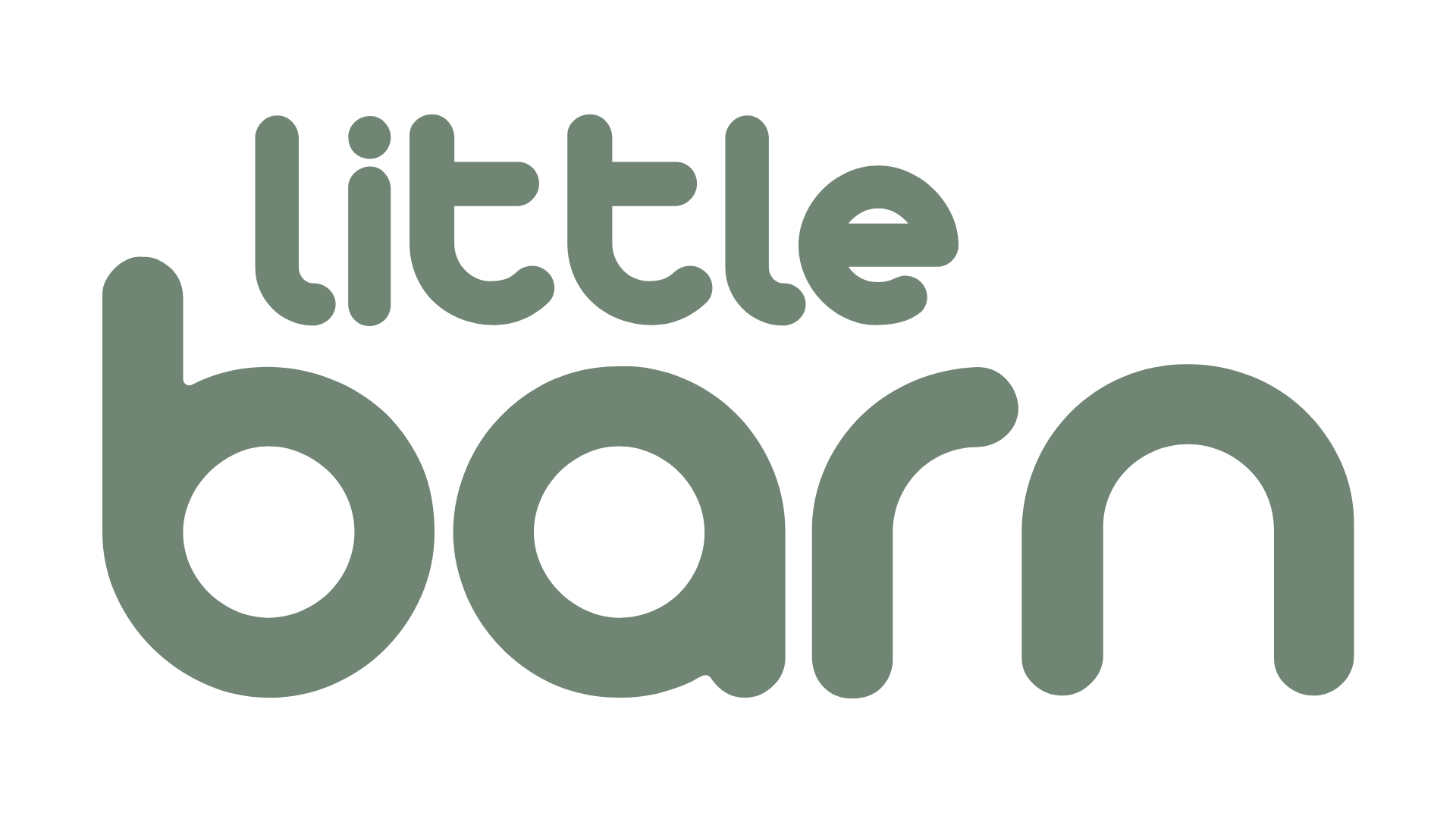
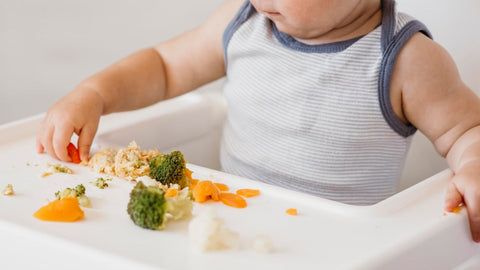
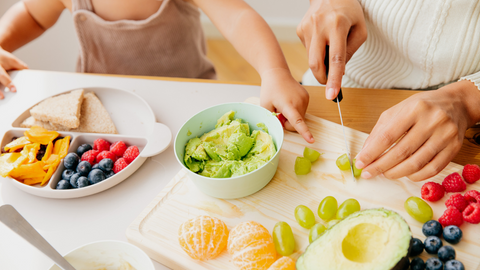
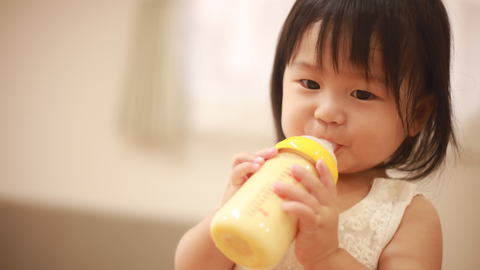
Comments (0)
There are no comments for this article. Be the first one to leave a message!